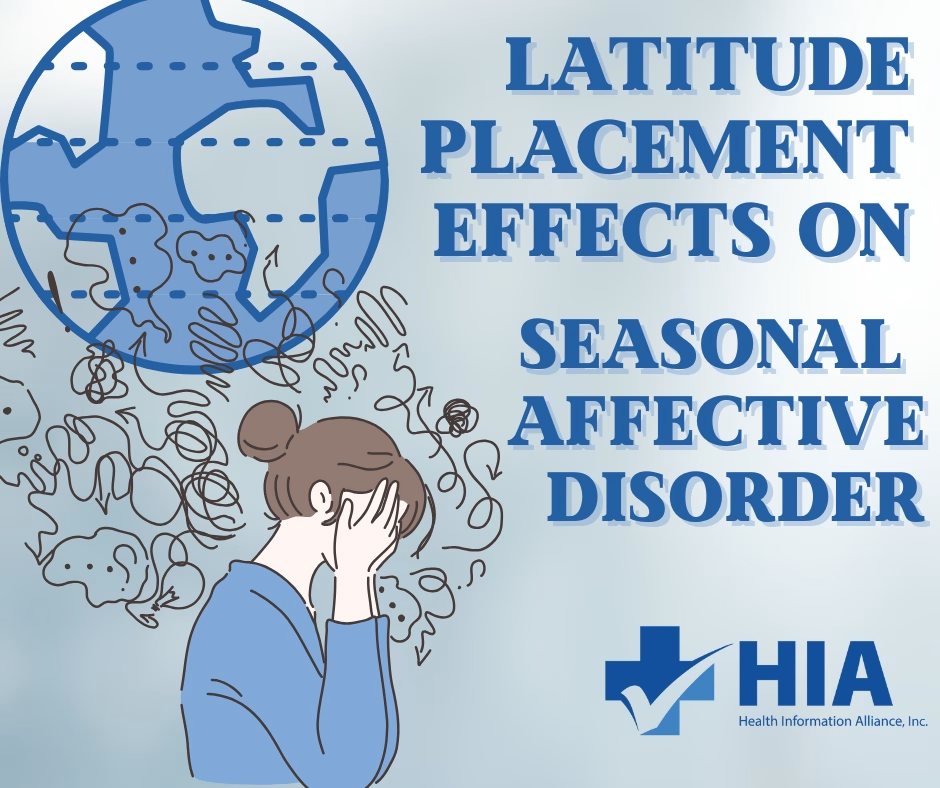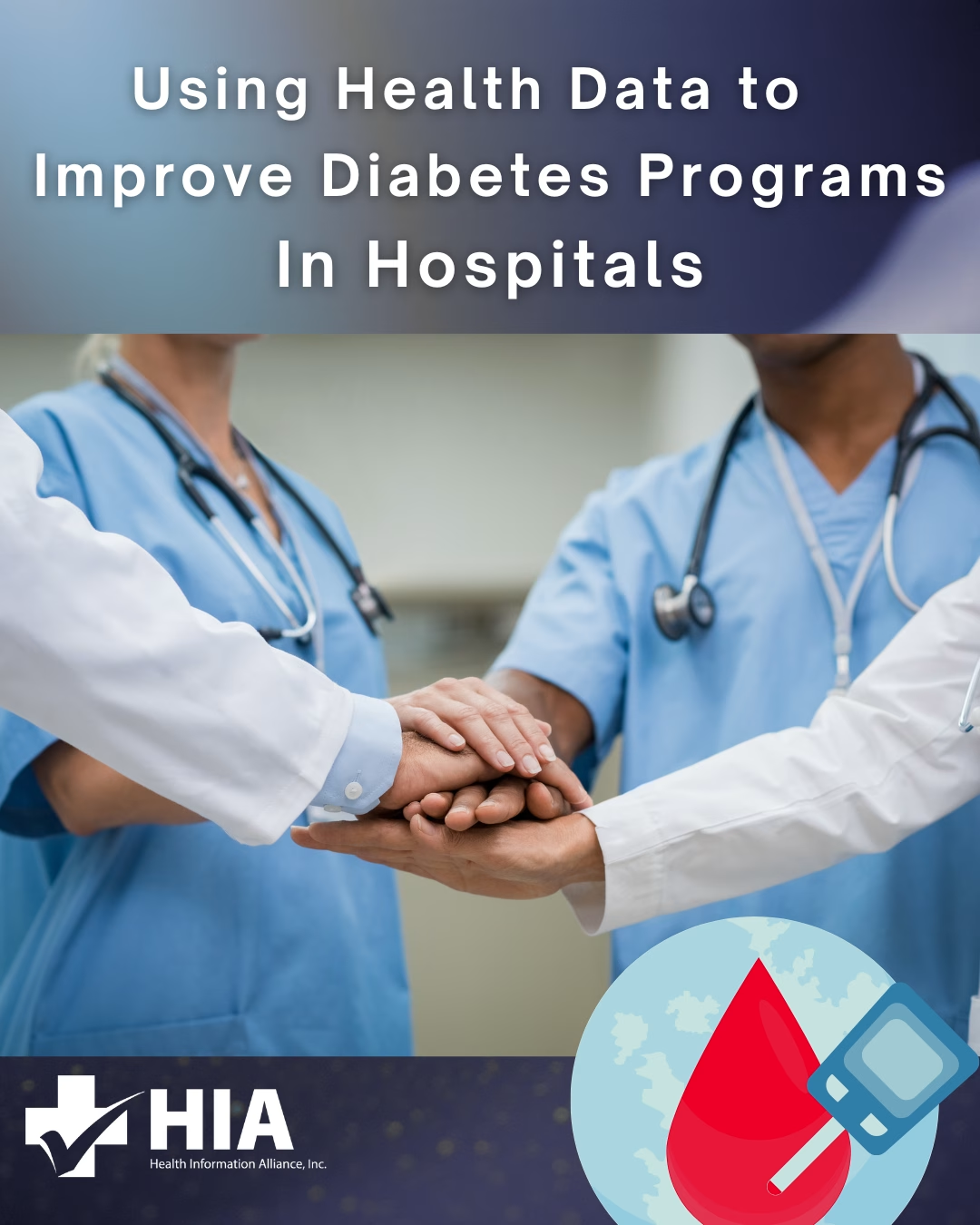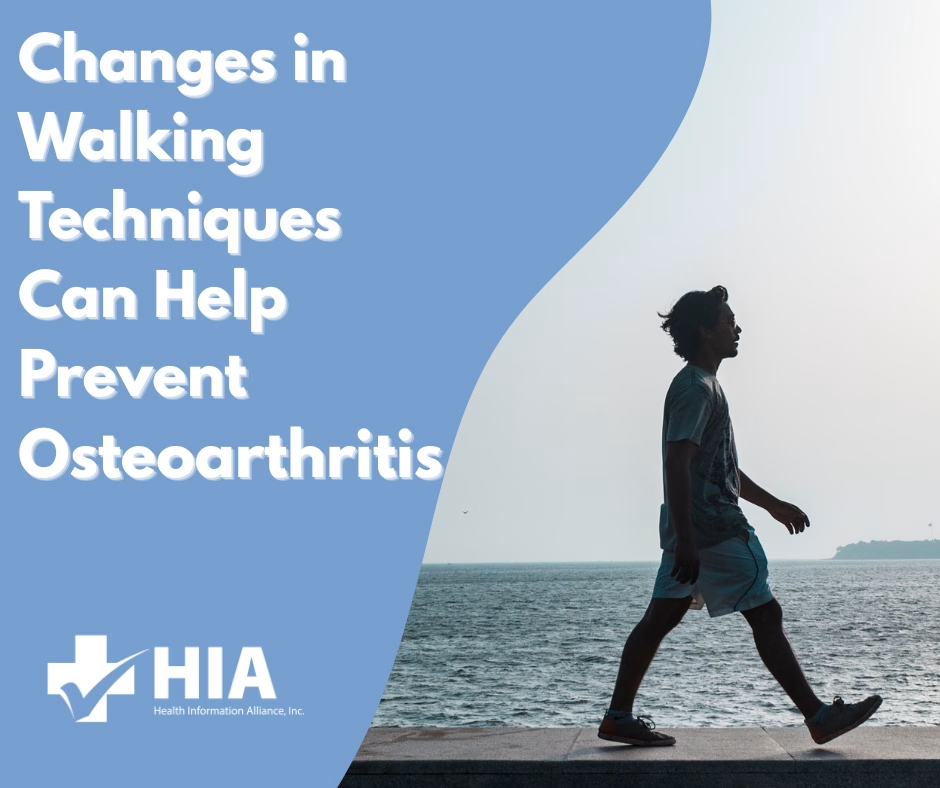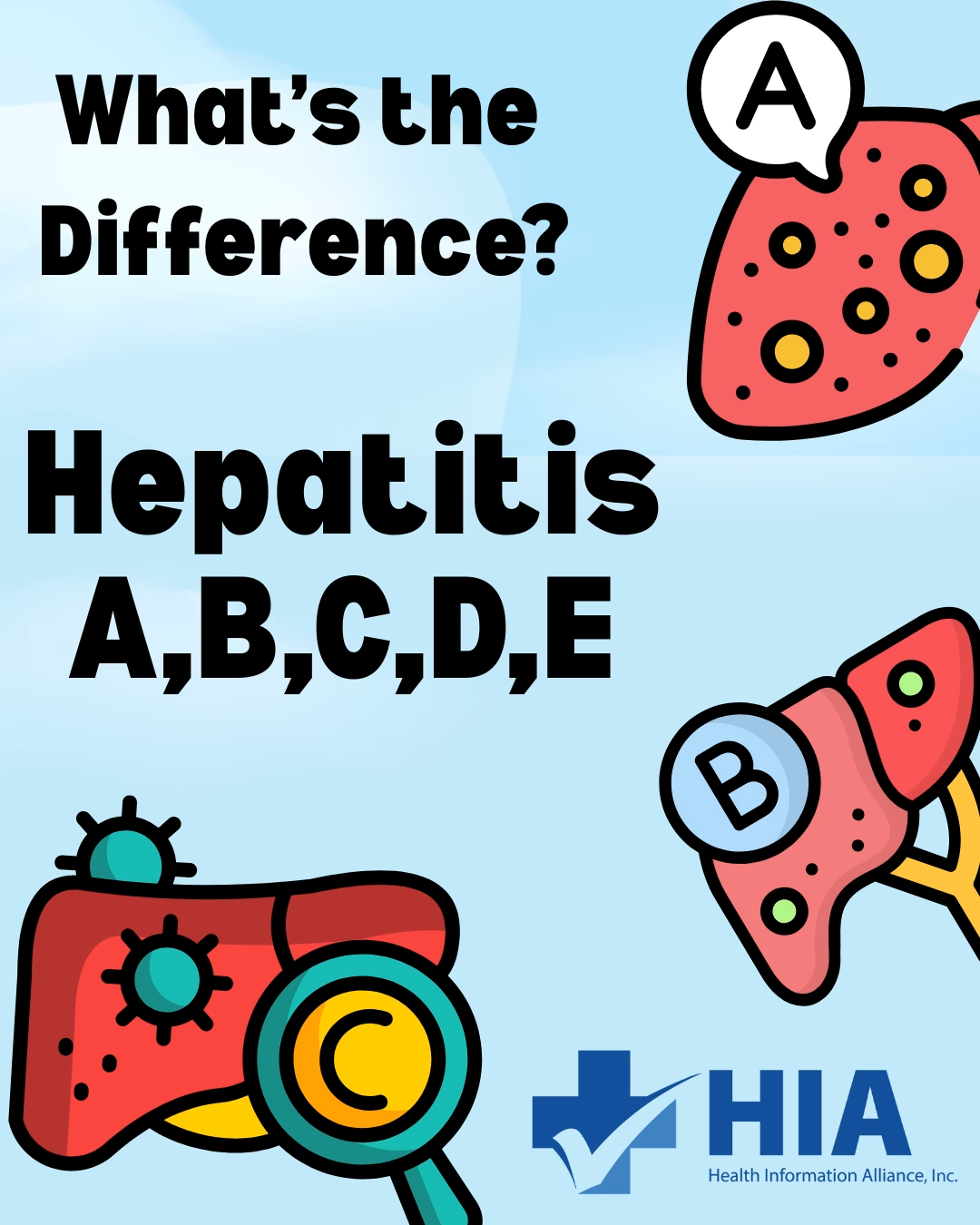Prostate cancer is the most common cancer among men in the United States. While the cause of prostate cancer is not clearly known, the risk of developing the disease increases as men get older, and the disease is primarily diagnosed in men over 50 years old. Depending on each case, there are various treatments for prostate cancer, such as surgery, chemotherapy, radiation therapy, cryosurgery, and many others, and different treatment affects different individuals in distinct ways. These conventional treatments have proven to get rid of prostate cancer but are usually accompanied by a variety of life-altering side effects which may continue or may be later developed depending on the type of treatment. A recurrence of the disease may also take place.
Studies have shown that when prostate cancer is caught early while the cancer cells are confined to the prostate gland, the 5-year survival rate is close to 100%, but after metastasis has occurred, the survival rate is as low as 33%. Because of the vast differences, researchers set out to discover what may be the contributory factors to the spread of the disease. While conducting clinical trials on men who were in the early stages of prostate cancer, researchers found that men who consumed animal products, specifically milk, and eggs, showed a significant increase in prostate cancer progression compared to men who rarely consumed these same products. Research revealed that high serum of choline, a concentrated substance in eggs, correlates with the development and advancement of prostate cancer. Also, Vivian Liu, a clinical research coordinator at the Osher Center for Integrative Health at the University of California, San Francisco, stated that “diets high in animal protein …increase insulin resistance, while milk and dairy …increase levels of the growth factor IGF1, which has been associated with prostate cancer risk.”
Researchers have discovered an additional approach to treating and subsequently avoiding the recurrence of prostate cancer by means of a plant-based diet. Studies have shown that men whose diets substantially comprised of fruits and vegetables, and whole grains had a 52% lower risk of cancer progression and a 53% lower risk of recurrence compared to men who had minimum amounts of plants in their diet. Vivian Liu additionally underscored that the above-mentioned discoveries could enhance clinical care through recommended diet so to help individuals manage their health and, in turn, lessen the morbidity of prostate cancer and prevent other chronic diseases. She further stated that a plant-based diet could have these benefits for the reason that fruits and vegetables contain antioxidants and anti-inflammatory components along with dietary fiber that enhances glucose control and decreases inflammation. She further implied that following a plant-based diet minimizes unhealthy exposures to animal-based foods, such as hormones and heterocyclic amines, which are generated in the course of high-temperature cooking and have been directly connected to prostate cancer.
The realizations of prostate cancer survival by means of a plant-based diet were obtained by using data from collected information from several men with the disease. The before-mentioned findings of decreased progression and or the recurrence of prostate cancer are not influenced by age, walking pace, or the severity of cancer, but an association between consuming a rich plant-based diet such as vegetables, fruits, and whole grains has confirmed a strong survival rate compared to individuals that consume animal-based foods. A plant-based diet is also beneficial in ways that it reduces the mortality rate of additional chronic illnesses. In addition to a healthy diet, individuals are encouraged to maintain a healthy lifestyle, including regular exercise as these can also reduce the risk of cancer progression or recurrence.
References:
Madigan, M. (2018, November 8). The role of plant-based nutrition in cancer prevention. https://jumdjournal.net/article/view/2892
Switch to Plant-Based Diet Could Boost Prostate Cancer Survival. (n.d.). https://myhealth.ucsd.edu/RelatedItems/6,1659409644






